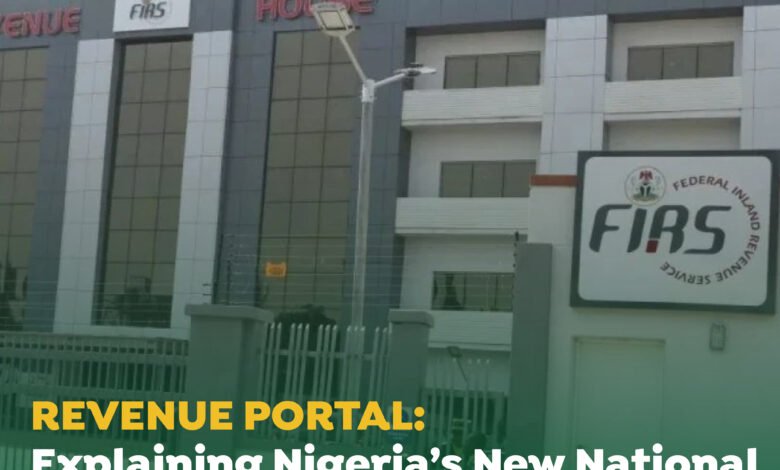
In the pursuit of economic greatness, two crucial keys unlock the door to success: optimizing revenue generation and enhancing the ease of doing business.
Any serious government worth its salt knows that these twin pillars are essential for fostering a thriving economy, and Nigeria is no exception.
In his bid to walk the talk, President, Bola Tinubu recently inaugurated a steering committee on National Single Window Policy to help the country optimize its revenue generation and enhance ease of doing business.
The policy is targeted at eliminating all forms of impediments to trade in the country as well as improving the country’s rating in the World Bank’s Ease of Doing Business index.
Nigeria’s ease of doing business ranked 131st among 190 economies worldwide. The country seems determined to change the narrative for good.
Domiciled at the Federal Inland Revenue Service (FIRS), the project is expected to lead to the inflow of foreign direct investments into the country through the removal of trade barriers to import and export businesses.
Described as a long overdue initiative, the National Single Window, experts noted offers a multiprong approach to the myriad of challenges facing the country’s revenue-generating efforts. An electronic portal that will link all agencies and players in the import and export processes to an integrated and centrally controlled platform, the project has been dubbed the holy grail of the country’s weak financial system.
‘India Experience’
The National Single Window System (NSWS) in India is a digital platform that guides in identifying and applying for approvals according to business requirements. The portal hosts applications for approvals from 32 Central Departments and 26 State Governments.
“The government of India launched the National Single Window system (NSWS) to explore and apply for all the required approvals to start a business”, IndiaFilings report. It also acts as a one-stop digital platform for investors and entrepreneurs to get approvals and clearances from the state and central government.
‘China international Trade Single Window’
China’s Single Window, established as a measure to promote cross-border trade facilitation and optimize the business environment. “It is also aimed at ensuring fast, and seamless interconnection with trading partners and be an important facility for trade services”. Plus, it was conceived to interface with relevant industries with cross-border trade big data analysis to build a ‘one-stop’ platform trade services.
In South Africa, the Customs Single Window is a program that enables a trader to engage with all applicable government agencies or departments at once and with fewer or without duplications. The Rwanda Electronic Single Window (ReSW) was introduced in 2012 and has been a major force leading to facilitating international trade.
“Clearance times have reduced, and both direct and indirect costs connected with international trade have been reduced as processes were re-engineered and simplified”, tfadatbase.org explains in an article.
‘Back to Nigeria’
The inauguration of the committee, experts posited marked a significant step towards enhancing revenue generation and streamlining the import/export trade process for ease of doing business. Nigerian Tribune reported that the initiative is expected to streamline processes and reduce bureaucratic hurdles, saving time and resources for business.
In addition, the initiative is also poised to enable accessibility to resources and services for Nigerian and international trade actors from different Nigerian agencies in one place. Similarly, the initiative also aims to propel the nation’s economy to new heights by facilitating trade and creating a more transparent, secure, and business-friendly environment.
Among other things, the National Single Window Policy is also intended to prevent revenue leakage by bringing the informal e-commerce sector into the fold, the project will increase the tax base, adding to the government’s dwindling revenue.
Additionally, an ambitious $2.7bn is expected annually as economic benefits from the implementation of the project. In sum, the idea equally promises to create a more transparent and secure trade environment, which could boost trust and restore confidence among trade actors and investors. Participating agencies in the initiative include but are not limited to FIRS, NPA, NCS, and NIMASA, among others.
As experts contended, the National Window Policy is long overdue but it is left to be seen what the initiative will achieve in years to come.
Optimizing revenue generation and enhancing the ease of doing business are not just economic imperatives, but a social contract between the government and its citizens
By prioritizing these policies , Nigeria can unlock its full potential, create a more prosperous future, and write a new chapter in its economic story.





